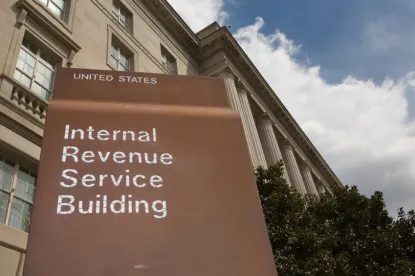The Internal Revenue Service (“IRS”) announced earlier this year that it would no longer routinely send out an estate tax closing letter and that such letters would have to be specifically requested by the taxpayer. The change in procedure was effective for all estate tax returns filed after June 1, 2015.
Previously, an estate tax closing letter was evidence to show that the IRS had either accepted an estate tax return as filed, or if there has been an audit, that final changes had been made and accepted. Receipt of an estate tax closing letter has never meant that the statute of limitations on the return has run, but it has given comfort to the estate administrator that he or she could make distributions and/or pay creditors knowing that the chances of further IRS review of the return was not likely. Many personal representatives and trustees have made it a practice to wait for such a closing letter before funding sub-trusts or making any significant distributions.
On December 4, 2015, the IRS announced that “account transcripts, which reflect transactions including the acceptance of Form 706 and the completion of an examination, may be an acceptable substitute for the estate tax closing letter.” Such account transcripts will be made available online to registered tax professionals using the Transcript Delivery System (TDS). Transcripts will also be made available to authorized representatives making requests using Form 4506-T. They still must be requested, but may be easier to obtain than an estate tax closing letter.
For further instructions, here is the link to the information on the IRS website.



 />i
/>i
